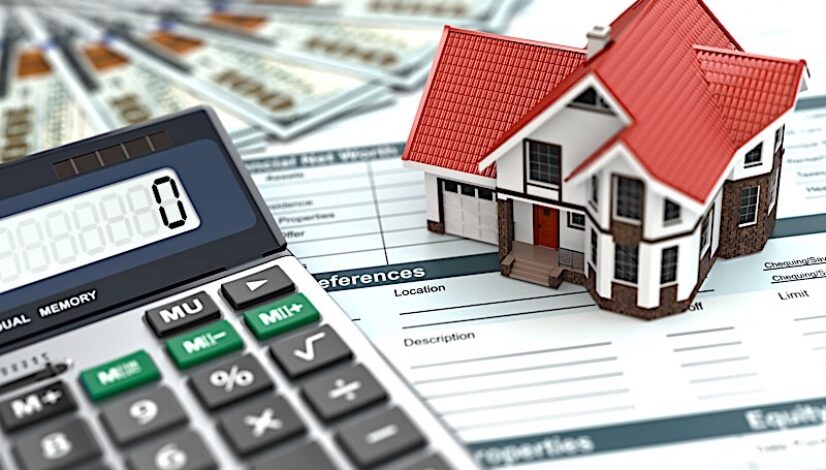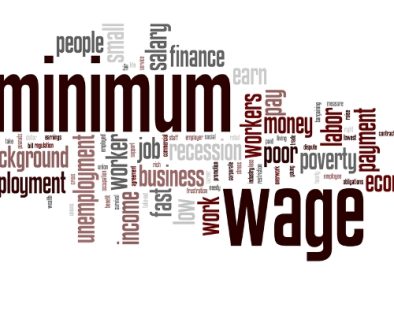Friday Tax Tip: 2020 rental deduction claims
Friday Tax Tip: 2020 rental deduction claims and how they could affect you
Rental deduction hotspots for this tax time have now been identified by the ATO as it anticipates a change in claims because of COVID-19 and recent natural disasters.
Rental deduction claims continue to be a focus point for the ATO leading into tax time 2020, with the agency doubling its in-depth audits last year on the back of findings that nine out of 10 claims contained an error.
Key point to remember for 2020
To assistant commissioner Karen Foat noted that rent will only need to be included as income at the time it is paid, meaning if tenants have been given a rent deferral until the next financial year, these payments should not be included.
However, rental insurance that covers a loss of income will still need to be included in tax returns as assessable income.
While the banks have moved to defer mortgage loan repayments, Ms Foat noted that rental property owners are still able to claim interest being charged on the loan as a deduction, despite the repayment deferrals.
The ATO, however, will continue to scrutinise overclaimed interest, where some taxpayers have been directing some of the loan money to personal use, such as paying for living expenses, buying a boat or going on a holiday, and then claiming that loan interest as a deduction.
Impact on short-term rentals
Despite the impact of COVID-19 and natural disasters on short-term rental demand, Ms Foat noted that deductions are still available provided the property was still genuinely available for rent.
The ATO will look at factors such as reserving the property or leaving it vacant over peak periods, not charging the market rate and the types of terms and conditions of the bookings when deciding if active and genuine efforts are being made to ensure a property is available for rent.
Data matching with share economy platforms, such as Airbnb, will also be used to give the ATO greater oversight.
“Generally speaking, if your plans to rent a property in 2020 were the same as those for 2019, but were disrupted by COVID-19 or bushfires, you will still be able to claim the same proportion of expenses you would have been entitled to claim previously,” Ms Foat said.
“If owners decided to use the property for private purposes, offered the property to family or friends for free, offered the property to others in need or stopped renting the property out, they cannot claim deductions in respect of those periods.
“If you or your family or friends move into the property to live in it because of COVID-19 or bushfires, you need to count this as private use when working out your claims in 2020.”
Vacant land deductions
Recently legislated changes to tax deductions for vacant land mean that from 1 July 2019, taxpayers will no longer be able to claim deductions for holding vacant land with the intention of building rental property.
“So, if you are building a rental property, you cannot claim the deductions for the costs of holding the land, such as interest,” Ms Foat said.
“However, if your rental property was destroyed in the bushfires and you are currently rebuilding, you can claim the costs of holding your now vacant land for up to three years while you rebuild your rental property.”
The new law will not apply to land that is used in a business.
Other common errors
Ms Foat has also warned of taxpayers to steer clear of common mistakes that continue to pop up in returns each year.
These include claiming deductions for travel to inspect rental properties, not differentiating between capital works and repairs, and not apportioning claims for short-term rental properties when they are not genuinely available for rent.
We are here to help
Need help with your Tax return and deductions? The team at Gerard Wilkes & Associates are here to help. Feel free to contact us at https://www.wilkes.com.au/contact-us/ or call us on 07 5532 1733 for assistance.
Article referenced from: accountantsdaily




